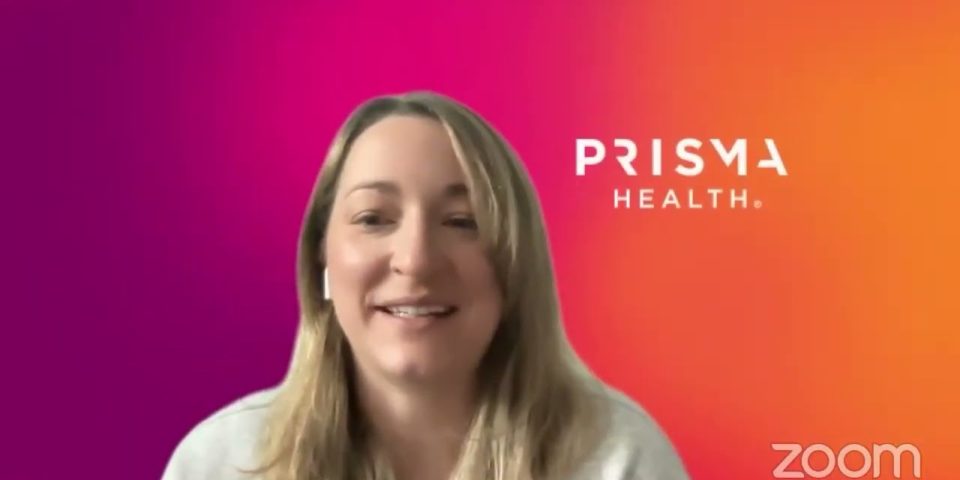Choosing safe toys for children
The 37th annual Trouble in Toyland report from PIRG is now available, and Prisma Health pediatricians and community advocacy groups are taking a close look at what toys might pose hidden dangers during this popular gift-giving season.
In this video, we brought together pediatrician Jeff Holloway, MD, along with Katie Craig, the State Director of North Carolina PIRG, and Bridget Watson, Coalition Coordinator with Bradshaw Institute for Community Child Health & Advocacy for Safe Kids Upstate, to discuss toy safety and help you with choosing safe toys for children.
“We never want something intended to be fun to turn tragic,” said Dr. Holloway. “Just because a toy is for sale doesn’t mean it’s safe. It could be defective or recalled in the future.”
Dr. Holloway recommended the following pieces of general advice for improved safety:
- Be mindful of multiple age groups: Toys that are safe for older children may pose serious choking hazards or other dangers for younger children. Screws or other small pieces like plastic doll shoes might be picked up by a younger sibling.
- Buying a bike? Pick up a helmet, too. Ensure any child who is receiving a scooter, bicycle, roller blades or other related toy is properly fitted for a helmet and wears it every time.
- If the toy is too loud for you, it’s probably too loud for your child. Children’s ears are delicate and still developing. Steer clear of very loud toys that can cause hearing damage.
More tips, tricks and other advice on keeping kids safe can be found in our parenting safety section right here on Flourish.
Katie Craig offered specifics on toys you might find on the shelves this year, including defective and recalled toys that might still be available for purchase or counterfeit toys. You might be surprised by the toys on the recall list, some of which seem outwardly incredibly safe. She also had some advice on the role of parents and caregivers in keeping kids safe and why it’s essential to ensure that so-called ‘button batteries’, or the tiny batteries often included with toys, don’t fall into the hands of children.
Finally, Bridget Watson spoke on staying aware of new dangers as your children age, the possibility of being given toys that aren’t appropriate for their developmental level just yet and the importance of having conversations on childproofing before you travel to homes that may not be prepared for a child’s natural curiosity.
“As a parent myself, I have absolutely gone home and found one of my own children’s toys on the recall list,” added Dr. Holloway. “Swallowing or choking on toy parts or batteries can cause injury, irreversible damage or even be fatal for the child.”
All three emphasized how essential it is for parents to be vigilant when it comes to choosing safe toys for children, not just during the holidays but all year long. If you have any concerns about potential health hazards in your child’s toybox, feel free to speak with your pediatrician.

